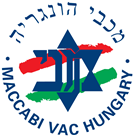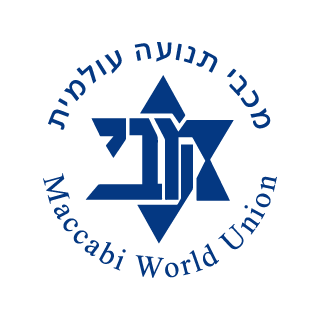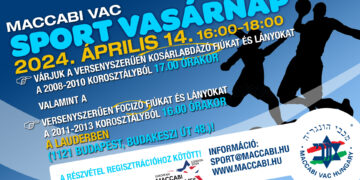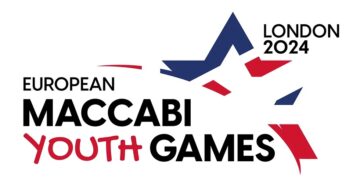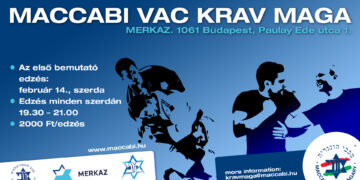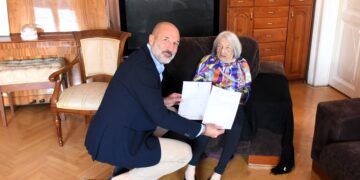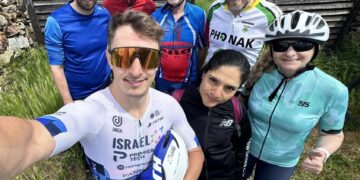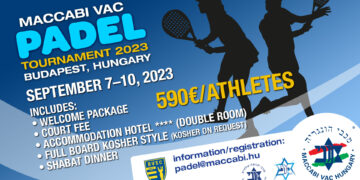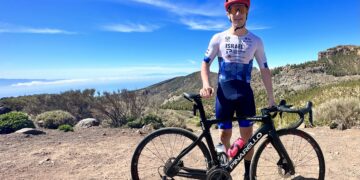Purim and the Jewish-Zionist identity
Dear Friends,
Every Jew who celebrates Purim with children enjoys this time with one very specific preoccupation: finding costumes for the kids, and in many cases, for ourselves, the adults. Purim is synonymous with costumes and parties, celebrations and masks, as inherent part of its essence as reading Megillat Esther , gifts to the poor, the mishloach manot and a festive se’udah.
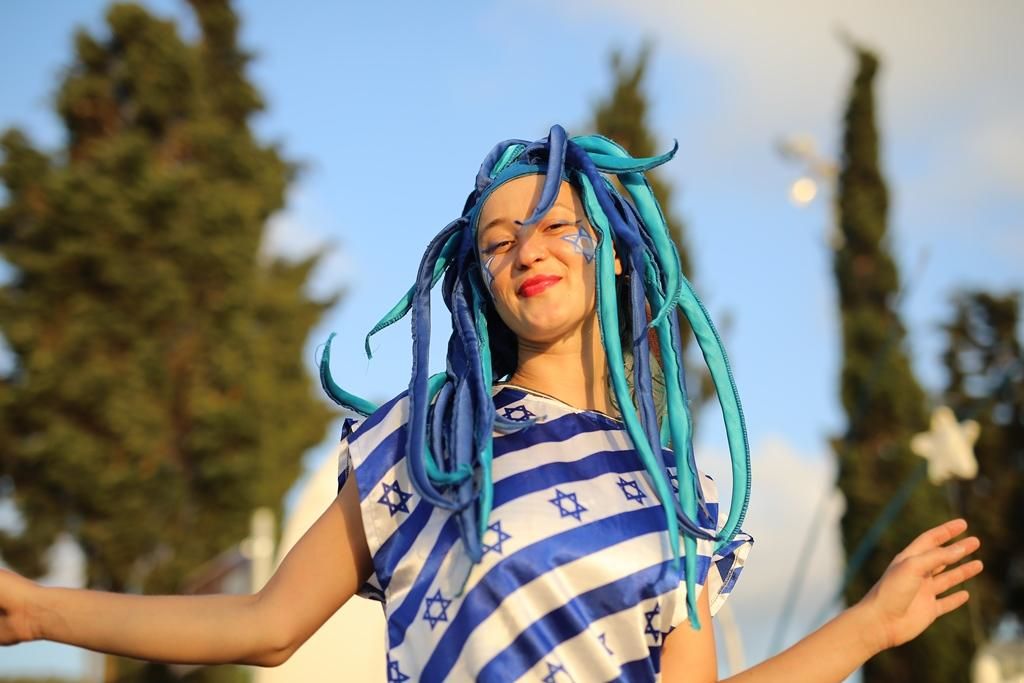
Dressing up of course means assuming an identity other than our own, playing at being another person, changing our appearance and the colors of our clothes to give pleasure, laughter and fun. Purim provides an opportunity to “hide” behind masks and makeup that pose us with the sharp, difficult question – who we really are, and what is truly important in our lives; the question we face every day in a world without costumes – a world determined by our actions.
Each of us is both a singular being and a diverse personality. We show different facets of our personality (our deepest self) according to the milieu in which we act: at work, in voluntary groups, with friends, acquaintances, family, people close to us. Each of us has one self but with different expressions, according to the circumstances in which we function – from seriousness and restraint in our meetings at work, to natural spontaneity in family frameworks; the many faces of one human being. In turn, for everything that is important to us, we always find time to reveal this or that feature of our self and our abilities, acting according to our beliefs and needs. We are as we act, or act on what we are, even when we exercise our utmost circumspection to reveal only small aspects of our whole being. Everything that is significant to us is accompanied and expressed by our actions, our efforts, our work. We act in accordance with what we believe, and we do not act towards to that which we are indifferent.
 In Jewish organizational circles everywhere, the issue of Jewish identity of the members of the Jewish People is always a central matter of discussion (in our Maccabi Movement we speak of Jewish-Zionist Identity based on our ideals). Jewish organizations and leaders tend to relate to “identity” as a feeling, something “mystical and esoteric”, as if it belongs almost exclusively to the world of ideas and senses.
In Jewish organizational circles everywhere, the issue of Jewish identity of the members of the Jewish People is always a central matter of discussion (in our Maccabi Movement we speak of Jewish-Zionist Identity based on our ideals). Jewish organizations and leaders tend to relate to “identity” as a feeling, something “mystical and esoteric”, as if it belongs almost exclusively to the world of ideas and senses.
Identity, however, is what we are, intimately tied to what we do. If we say that we have a strong Jewish-Zionist identity, it means – or should mean – that we work towards the development of Judaism and Zionism in particular areas of our lives (and as leaders, in the lives of those around us). These feelings are neither a temporary nor momentary excitement, but a transformative action, just as we do a work to make a living, meet with our friends and family to bond in love and friendship, go to a gym to care for our health, and so on.
In Biblical times the Purim celebration was laid down to the Jewish People based on a basic assumption: that our people enjoyed a strong Jewish national identity. Purim costuming was, in this context, a “momentary escape” from the national and personal responsibilities of being a Jew. “Playing at being someone else” was based in the fact that our national & Jewish self was strong, clear and manifest in many forms. At present, when the reality of our people and our Jewish-Zionist identity is so different, so much weaker than it was then, Purim as a Jewish holiday, in the naiveté of masks and makeup, proposes to return us to Jewish identity through celebration, joyful bonding with all our people, the sense of shared national belonging. From that perspective, Purim confronts us with some of the most crucial questions about our identity, the identity we “disguise” in its celebration:
- What role does our Jewish Zionist identity have in the totality of our being?
- How do we express – in what concrete way – the identity that we feel?
- In what ways do we ensure the Jewish-Zionist continuity of our family?
 The answer to these questions is expressed, of course, in our own lives, in the amount and intensity of the actions, the moves we choose to make on the chessboard of our Jewish being: in our family, in Jewish institutions where we are members, in Maccabi Tzair, in our synagogue, in our Jewish school. It is through the conscious and deeply felt action every day of the year – including the celebration of Purim itself, with its Megillah, its synagogue and the parties for all ages – that we fashion out of our existences true Jewish-Zionist lives, committed to our past, present and future as a People.
The answer to these questions is expressed, of course, in our own lives, in the amount and intensity of the actions, the moves we choose to make on the chessboard of our Jewish being: in our family, in Jewish institutions where we are members, in Maccabi Tzair, in our synagogue, in our Jewish school. It is through the conscious and deeply felt action every day of the year – including the celebration of Purim itself, with its Megillah, its synagogue and the parties for all ages – that we fashion out of our existences true Jewish-Zionist lives, committed to our past, present and future as a People.
May God grant that this Purim will be a springboard for sincere reflection on our Jewish Zionist identity, a new and stronger identity through concrete actions that bind us from the innermost depths of our soul with the vital messages which made us a nation.
May God grant us Purim’s message of life, hope and salvation to encourage us to celebrate together, evoking the feelings and emotion which led us to this present glory.
And may God will that each and every one of us hears the story of Esther, Mordechai[5] and their redemptive history, and hear it as our own.
With our best wishes,
Chag Purim Sameach!
Rabbi Carlos A. Tapiero
Deputy Director-General & Director of Education
Maccabi World Union



